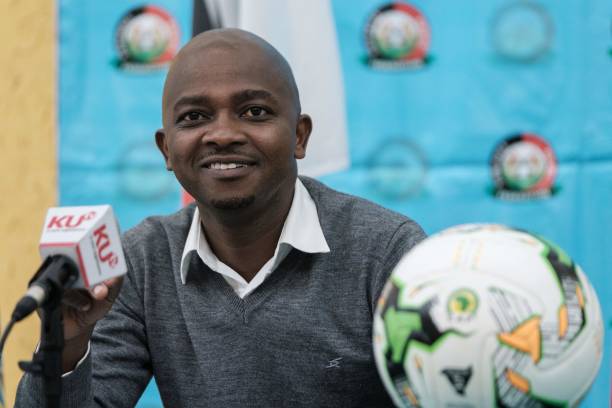In a recent development in the ongoing legal battle within the Football Kenya Federation (FKF), the High Court has reaffirmed its decision to suspend the eagerly anticipated Annual General Meeting (AGM) of the FKF. Justice Olga Sewe, presiding in Mombasa, upheld the suspension following an application by sports journalist Milton Nyakundi, deeming it meritorious.
The decision to suspend the AGM, pending the hearing and determination of a substantive application filed by FKF National Executive Committee (NEC) member Gabriel Mghendi, underscores the depth of legal wrangling gripping the federation. Mghendi’s challenge revolves around the directives and orders issued by the Sports Dispute Tribunal (SDT) regarding an alleged contempt application.
Justice Sewe emphasized the court’s jurisdiction in the matter, dismissing claims that Nyakundi was merely a ‘busybody.’ Through Senior Counsel Erick Mutua, FKF sought permission to appeal against the suspension, a request that Justice Sewe granted, allowing FKF to lodge their appeal at the Court of Appeal.
Prior to this ruling, the court had temporarily suspended the AGM scheduled for March 16, casting a shadow over the anticipated FKF elections. Delegates, who were poised to attend the AGM, were expected to ratify the contentious 2020 FKF Electoral Code and Electoral Board.
Nyakundi’s application, rooted in the SDT’s decision last July, argued that FKF NEC members had been lawfully removed from office, rendering them ineligible to conduct official business on behalf of the federation. He maintained that the SDT’s decision remained valid as it was neither appealed nor overturned.
“It is illegal for individuals whose capacity to act as officials of FKF is the subject of the court proceedings to convene an AGM,” Nyakundi asserted, highlighting the fundamental issue of legitimacy surrounding the meeting’s conveners.
However, Mghendi and FKF contended that Nyakundi’s application was unrelated to the core issues of the case and did not challenge FKF’s capacity to convene the AGM. FKF further argued that Nyakundi’s actions amounted to an abuse of the court process, asserting that the matter fell within the jurisdiction of the special tribunal under the Sports Act.
With the case set for mention on April 24, the legal standoff within the FKF shows no signs of abating, prolonging the uncertainty surrounding the federation’s governance and future. As stakeholders await further legal proceedings, the fate of the suspended AGM and the ensuing elections hangs in the balance, amidst a backdrop of conflicting legal interpretations and institutional disputes.





